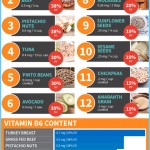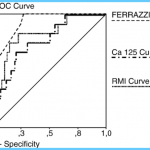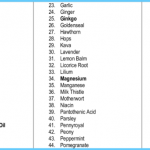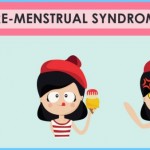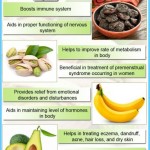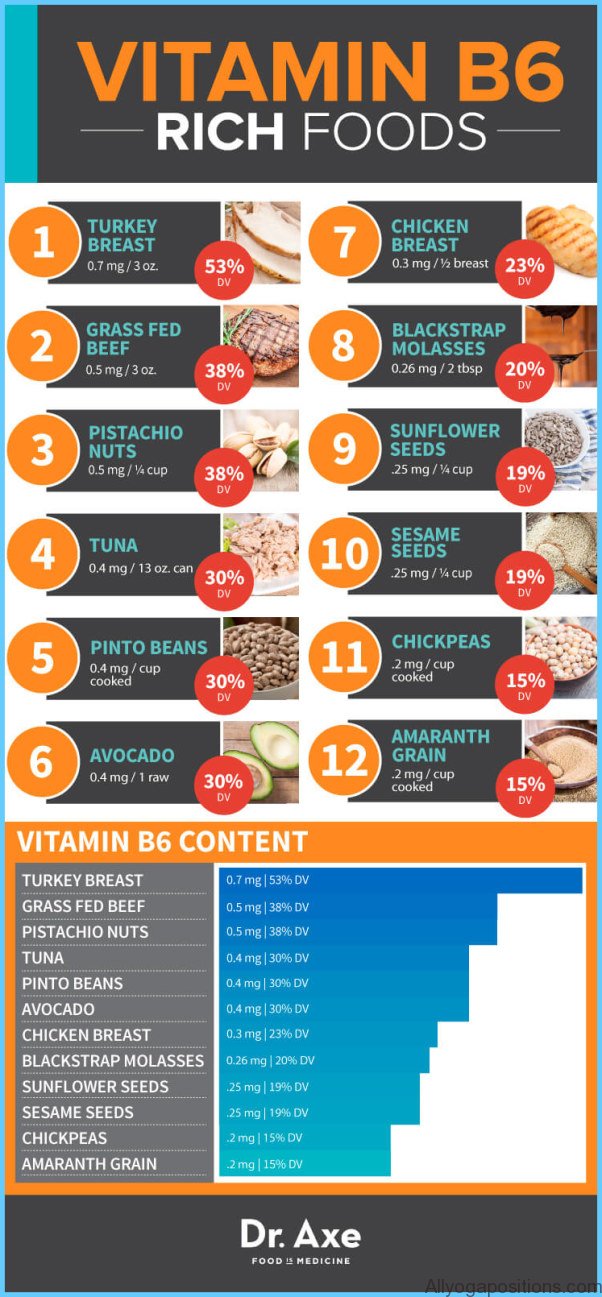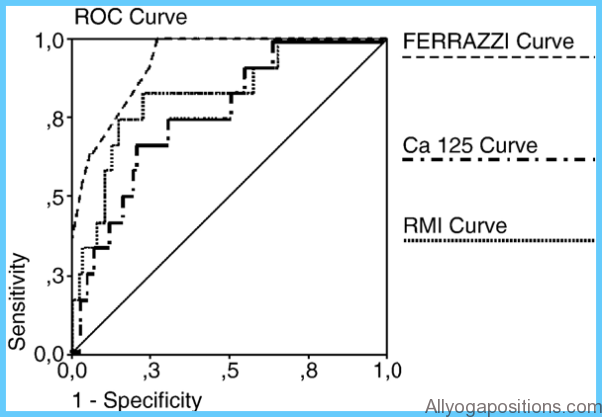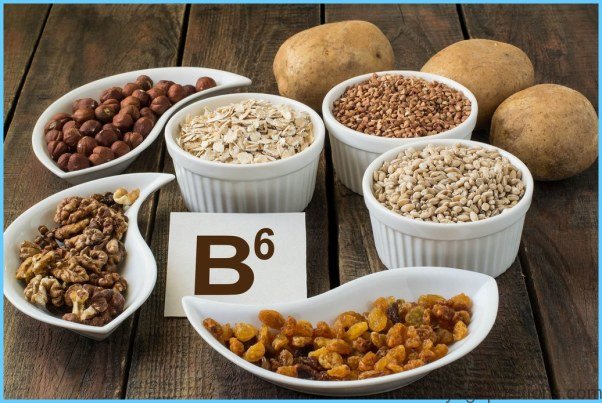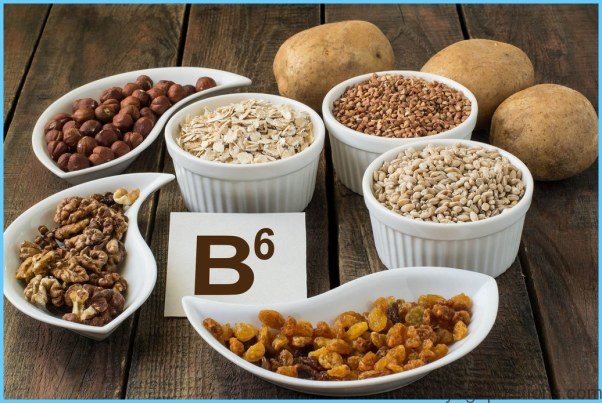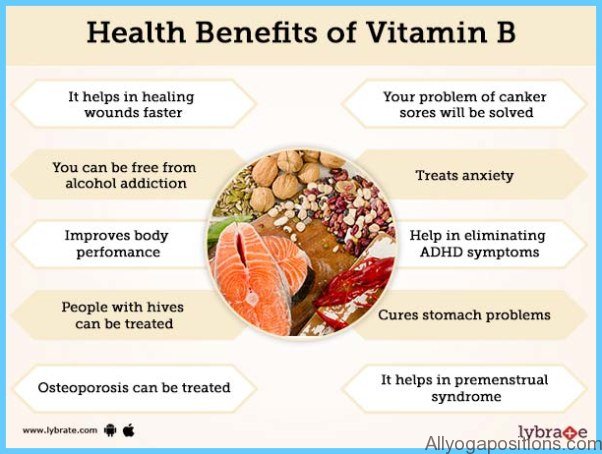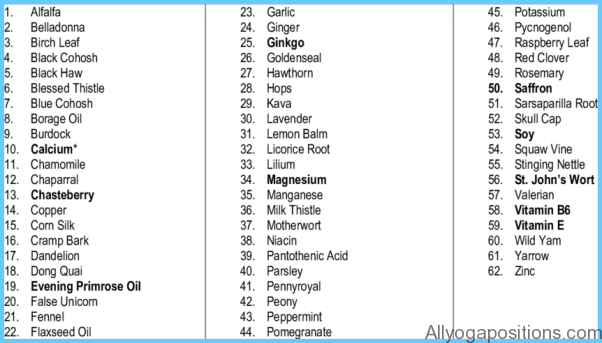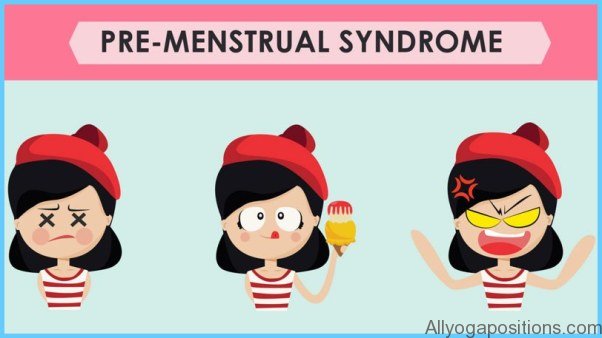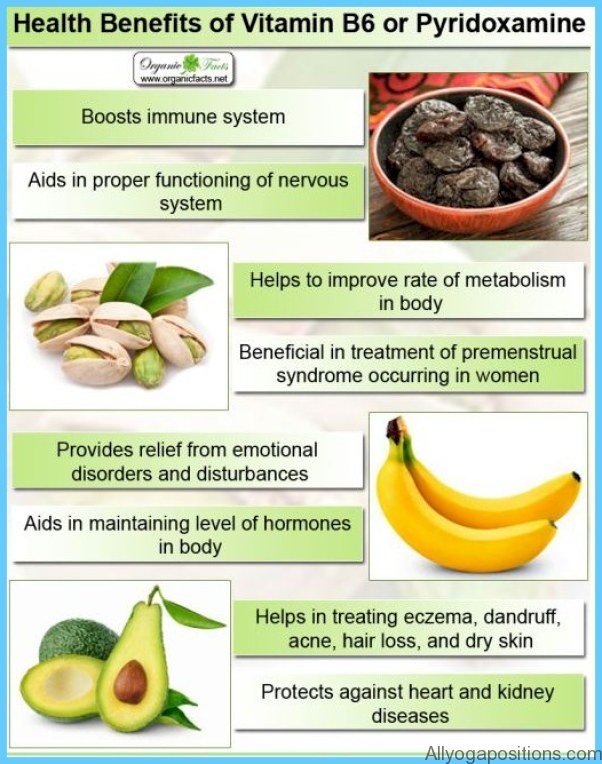When it comes to PMS, this B vitamin is one of the most heavily studied nutrients. The research dates back to 1973 when scientists found that supplemental B6 was useful in treating depression associated with the birth control pill. Further studies have shown that a daily supplement of 50 to 100 milligrams of B6 eases mood swings in women suffering from PMS. In 1999 British researchers analyzed the results from nine clinical trials involving 940 women with PMS.7 They concluded that B6 was significantly better than the placebo treatment in relieving PMS-related depression. However, since many of these studies were considered to have flaws, it is not possible to say with certainty that the vitamin is an effective treatment for PMS.
The studies do suggest, however, that doses of up to 100 milligrams per day of B6 are likely to benefit women who experience premenstrual depression. A study published in 2000 from the University of Reading in the United Kingdom found that 50 milligrams of B6 combined with 200 milligrams of magnesium had a significant but modest effect of reducing anxiety-related PMS symptoms, including nervous tension, mood swings, irritability and anxiety.8
How vitamin B6 works to ease depression is not entirely understood. It is known that B6 is needed for the production of two brain chemicals: serotonin and dopamine. I mentioned earlier in this chapter that brain serotonin levels have a potent effect on mood. Dopamine regulates the secretion of prolactin, a hormone that may be linked to PMS.
You need at least 1.6 milligrams of vitamin B6 to maintain your health and prevent deficiency. If your diet lacks protein foods and whole grains, chances are you’re running low. See the B6 in Foods table on page 5 in chapter 1 for foods that will pack more B6 into your diet.

